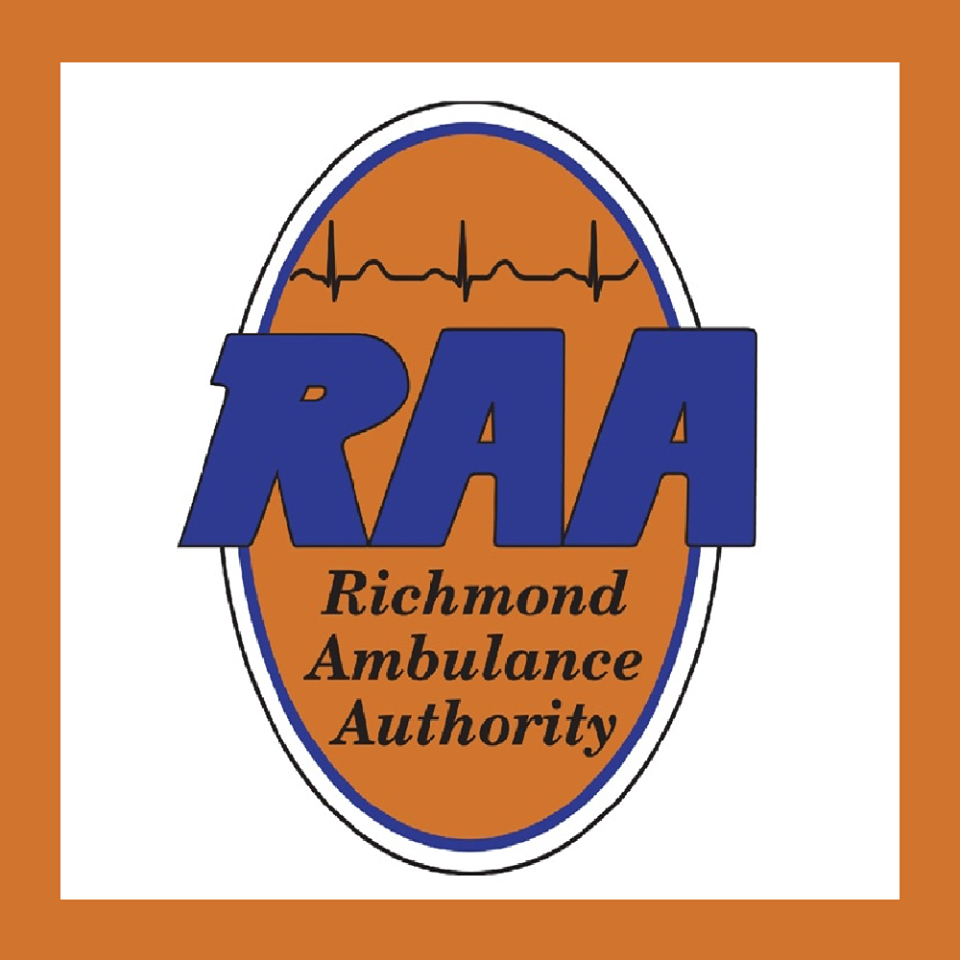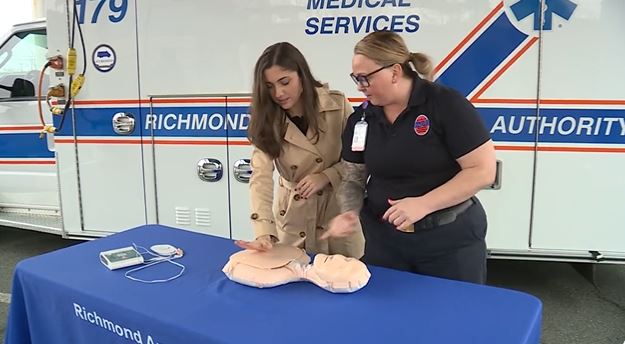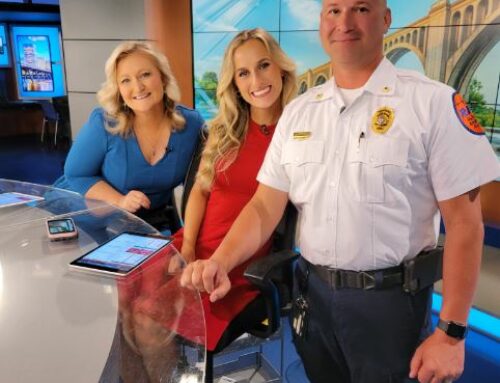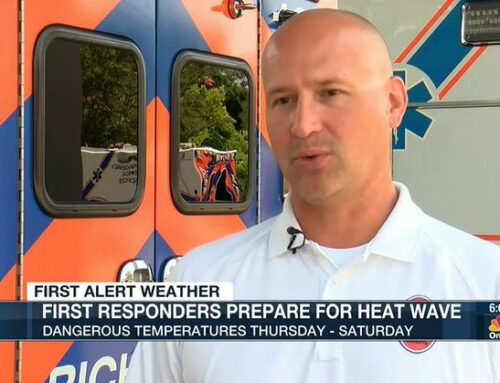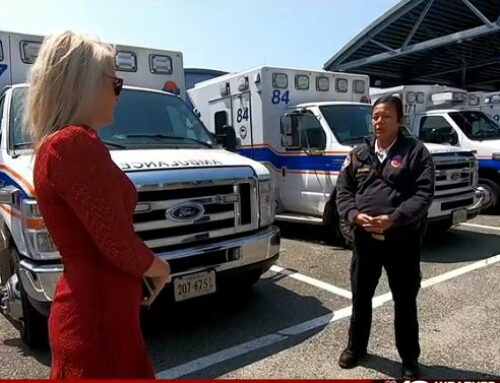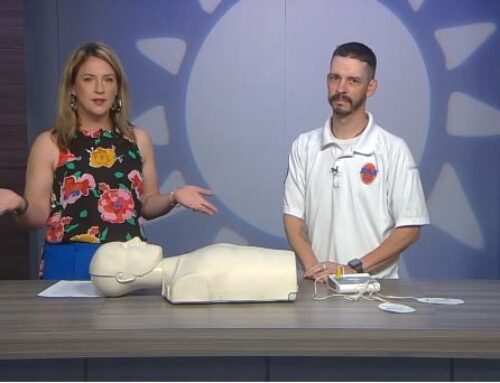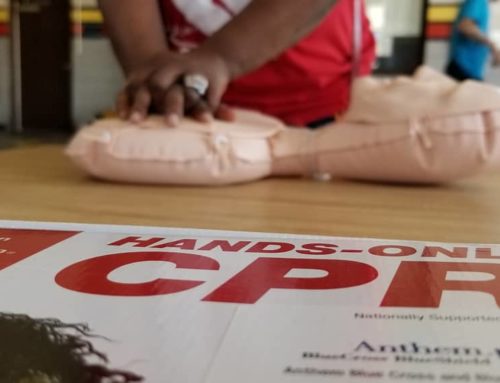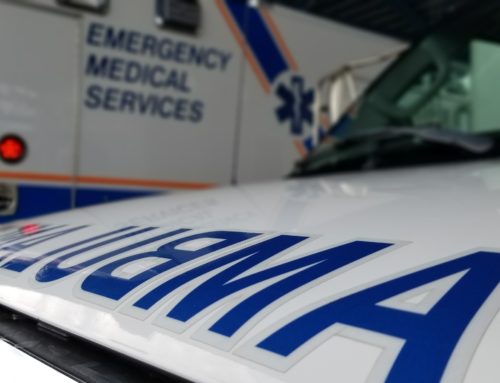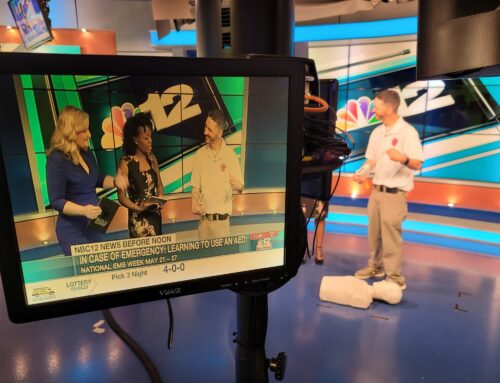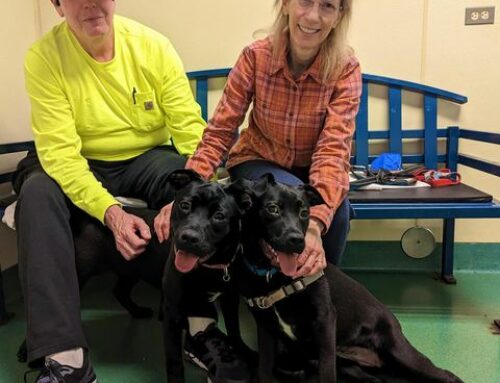This article originally appeared on wtvr.com
The family of Buffalo Bills safety Damar Hamlin, as well as health professionals across the country, are applauding the quick actions medics took to save Hamlin’s life on the football field during the Monday Night Football game.
Hamlin went into cardiac arrest shortly after a tackle. Medics were on the scene in seconds, administering CPR and using an AED to restore his heartbeat. First responders say what they did on the field, however, are things anyone can do in a time of crisis.
Lieutenant Tori Zoble with Richmond Ambulance Authority (RAA) said she wanted to be someone who knows how and when to intervene when situations like this happen.
“EMS and fire saved my life. It made me grow up and I just cling to it, helping people on their worst days,” Zoble said.
Zoble is no stranger to stepping in.
“I couldn’t even tell you, hundreds of times, I’ve worked cardiac arrest and had to do CPR and use the AED. I don’t have a number, but a lot,” Zoble said.
Zoble said in many cases, those who are on the scene at the time of the emergency were able to perform life-saving measures before medics came in. Now, she’s teaching CPR Certification classes to make sure more people are equipped to respond.
“I do have people coming in that have no clue of anything medical. And we just break it down for them, like, ‘Hey, this is what we need to save people.’ And it’s pretty easy,” Zoble said.
Zoble demonstrated the process of learning hands-only CPR on Wednesday afternoon, which only took about five minutes to master. A guide from the American Heart Association on how to do so can be found here.
Zoble also demonstrated how AEDs will tell a user exactly what steps to take if someone is suffering cardiac arrest.
“It’s scary for anyone. I mean, you have human beings that are down and not breathing. And it’s a lot of responsibility, is what I hear from a lot of students. Because, you know what, if I freeze up? Or what if I don’t do the right thing? Something is better than nothing,” Zoble said. “If it’s just you and you have the CPR training, you’re going to be able to save that person or potentially save that person. Without you, there might be a possibility that you don’t.”
A spokesperson with the Richmond branch of the American Heart Association said it’s seen an uptick in people interested in CPR Certification classes. AHA plans on partnering with schools to teach teens the importance of CPR training as part of its “Be the Beat” campaign launching in February.
